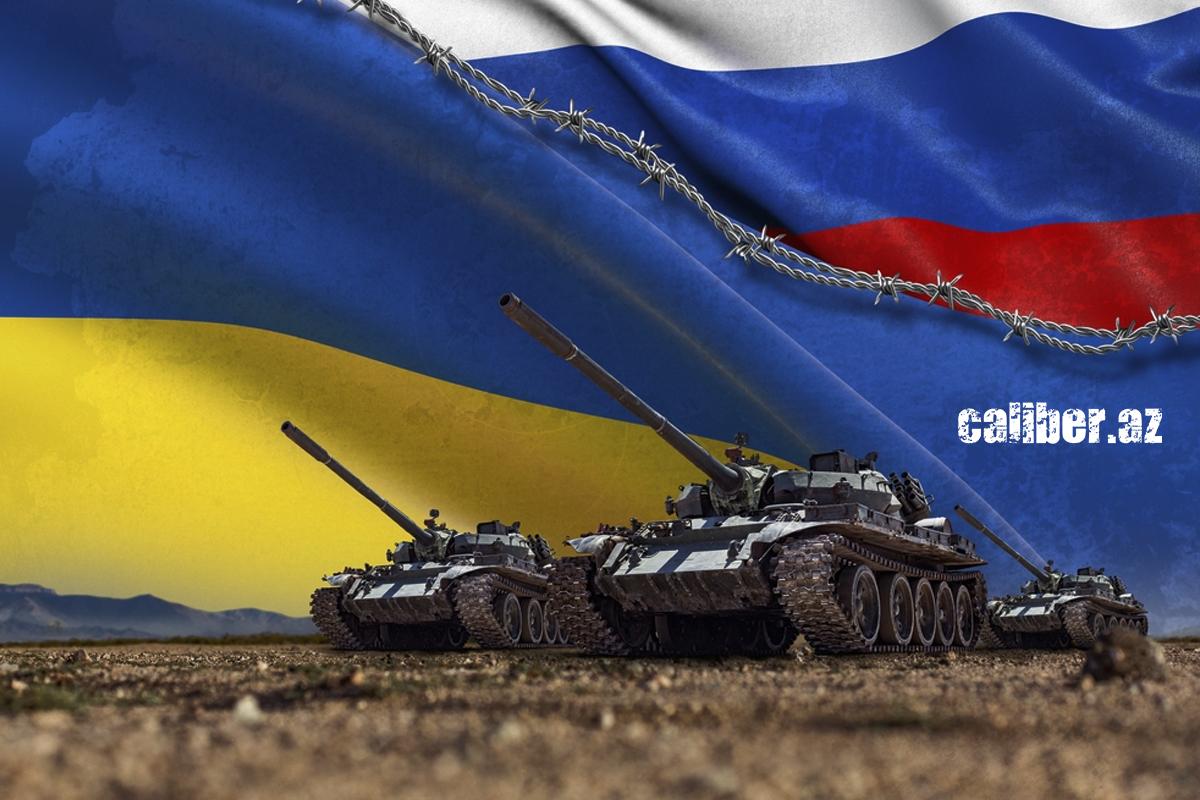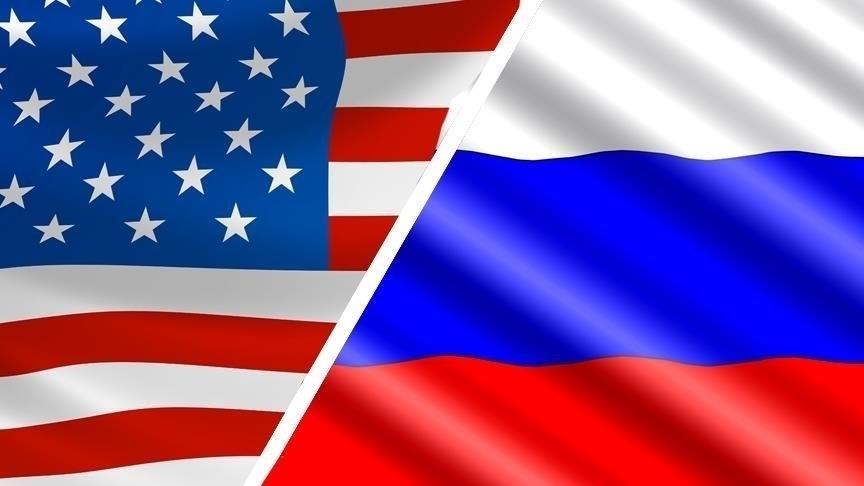"Nuclear weapons give Russia a military advantage only for a certain time" Caliber.Az interview with Avaz Kamalov from Tashkent
Caliber.Az presents an interview with Avaz Kamalov, an Uzbek political analyst.
- In your opinion, can the confrontation between Russia and the West amid the war in Ukraine lead to World War III? What factors contribute to it?
- I think this is quite possible. The fact is that over the past 70 years, the propaganda of the ideology of freedom, humanism and equality has been so strong that there is a firm opinion that war is a thing of the past and has no place in the modern world. But the reality is that the world is far from humane and not at all equal. No matter how banal it may sound, at the level of the average person, since everyone wants to live well, people choose the government that is able to provide this very good life. If we look at reality through the prism of regularities, putting aside the propagandized principles of freedom and equality, it is obvious that material wealth has always been the cause of all wars, both locally and globally.
The modern world differs only in that it has been able to create more civilized methods of fighting for these very goods. Such objective factors as overpopulation, demographic ageing, ecological catastrophe, food crisis, decreasing incomes of the population, huge economic gap between the population and the ruling elites within countries, between poor and rich countries inevitably create tension in the world, while modern international law (which is still far from being perfect) is not able to solve these problems by "soft" political means.

- Leaving aside the possibility of World War III, could a war in Ukraine spread to other regions of the former Soviet Union, for example to the territory of Moldova?
- I do not rule out such a scenario. It all depends on what role the strong parties to the conflict assign to the states of the former Union and what specific interest these countries have for the belligerent states. It may be related to military, ideological, and economic interests - markets, raw material sources, transit and logistics possibilities.
- Is the eastward expansion of NATO and the expansion of the Western military alliance after Finland and Sweden joined it, a serious enough argument for Russia to use nuclear weapons?
- Today there are two superpowers in the world, the United States and the Russian Federation, which compete with each other at the global level and could pose a real threat to humanity since they possess the largest number of nuclear weapons.
On the other hand, it is the nuclear parity of these powers that determines what our world will be like - how significant the concepts of law and democracy, values and humanism, and the distribution of world markets and resources will be. Nuclear parity, one might say, is the basic matter that shapes the world's political consciousness. If one of these countries had an absolute nuclear advantage, the world would lose the system of checks and balances that have been built up over decades. And we would find ourselves in a much more pitiable situation than we are today, watching the processes solely through the prism of one country's interests. In this case, there would be no need to solve international problems by "soft" political means.
- And how do you assess the level of confrontation between Russia and the US in the current geopolitical situation?
- Today the West still dominates economically and technologically thanks to the NATO bloc, on the basis of which powerful international institutions have grown, and the formation of international law and global ideology, the appropriation of a significant share of the value created by free access to world markets and resources, and the placement of capital have taken place. The West has always sought to contain Russia's influence, and NATO has further strengthened its degree of cohesion amid the war in Ukraine.

It is obvious that Russia is economically and ideologically inferior to NATO, and the presence of nuclear weapons gives it a military advantage only for a certain period of time. A country that has a military advantage is bound to seek to convert this fact into an economic advantage - this is a natural phenomenon. In fact, this is the reason for which the military potential is being built up. Russia is pursuing several objectives at once. It needs to weaken the influence of NATO, thereby questioning the effectiveness of this bloc and ensuring its security. Russia needs to build strong alliances with other countries, create supranational international institutions that would promote allied interests, influence international law and ideology, provide access to markets and resources of other countries, and displace or nationalize Western capital. But whether the West is ready to give up world hegemony, influence international law and ideology, and influence world markets and capital is a big question.
As for Russia's use of nuclear weapons, in addition to Finland and Sweden's membership in NATO, there are stronger motives that could prompt the parties to use nuclear weapons.
- What threats does the war in Ukraine pose to the countries of Central Asia?
- There are risks, although there may not be a direct threat because of the war in Ukraine. Again, it all depends on what role the Central Asian region is assigned by the strong opposing sides, and what are their interests in these countries. One way or another, the countries of the Central Asian region are highly dependent on the superpowers for their security. Their interests are mainly economic and military since they do not have the capacity to promote the ideological interests of any of the conflicting powers at the global level.
- And how do you assess the level of influence of terrorist groups from the territory of Afghanistan on Central Asian countries?
- Central Asia is a strategically important region where the interests of strong powers overlap. Therefore, threats from the territory of Afghanistan to the countries of the Central Asian region could increase significantly if the superpowers involve terrorist groups in the conflict.








